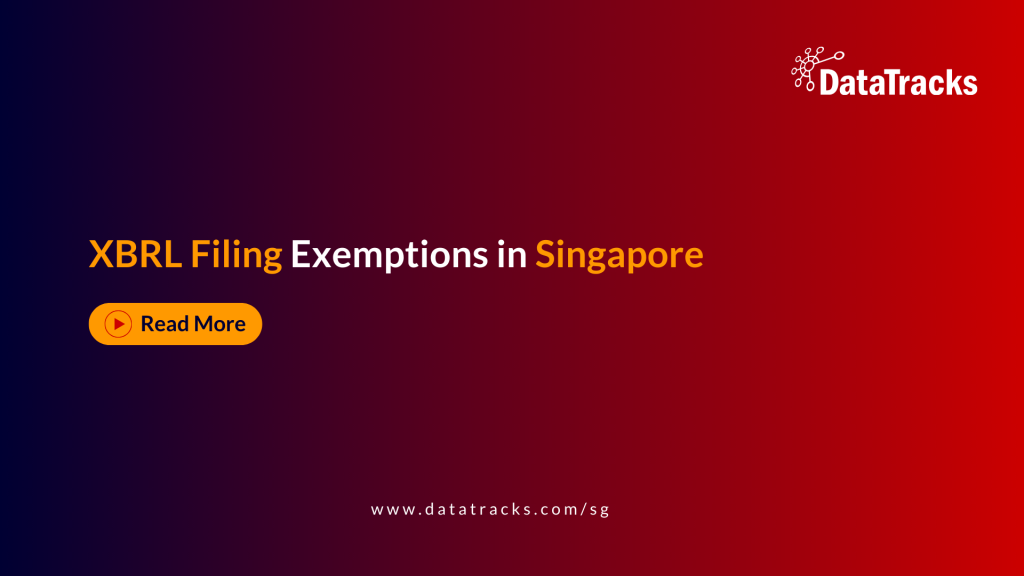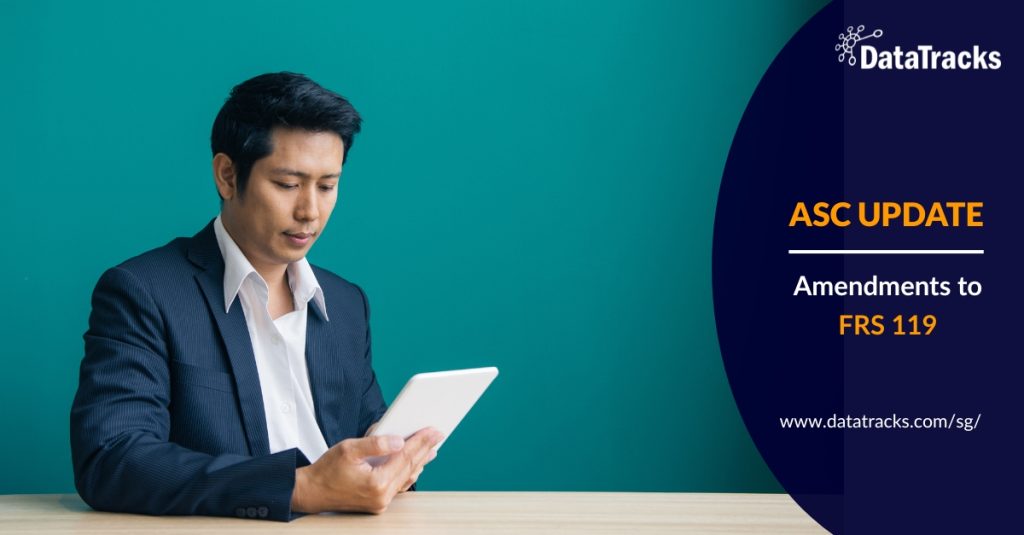SINGAPORE – Singapore is moving to the forefront of sustainability regulation, unveiling new tools and stricter rules to bring ESG (Environmental, Social, and Governance) reporting in line with international standards. The shift, driven by global benchmarks like the ISSB framework, signals a tougher compliance era for listed companies and large private firms.
ESG Valuation is set to have a substantial effect on businesses. Proposed legal changes will also heighten the scrutiny of ESG Valuation.
National ESG Portal Goes Live
In July 2025, the city-state launched its ESG Data and Disclosure Portal, designed to streamline sustainability reporting for businesses – with a particular focus on SMEs. The platform, developed jointly by government agencies and industry groups, offers:
Step-by-step guidance for entering ESG metrics:
- Standardised templates aligned with global best practices
- Analytical dashboards to track performance over time
- Tools for financial institutions to capture Scope 3 emissions data
Officials say the portal tackles long-standing challenges around accessibility and data consistency, while raising the quality of ESG reporting across entire supply chains.
Mandatory Climate Reporting: Who Must Comply?
ACRA and SGX RegCo have mandated climate-related disclosures aligned with IFRS S2 standards set by the International Sustainability Standards Board (ISSB).
Timeline for compliance:
- From FY2025: All listed companies in Singapore
- From FY2027: Large non-listed companies (incorporated in Singapore with annual revenue ≥ S$1 billion)
This broadens the scope of ESG obligations and encourages sustainability as a core business priority beyond just public firms.
ESG Valuation methods is to provide greater clarity to enhance the overall framework of sustainability regulation.
Qualification Standards for ESG Professionals
To ensure high-quality reporting and verification, ACRA proposes clear eligibility criteria for both ESG report preparers and assurance providers.
Climate Reporting Preparers must:
- Have at least 3 years of ESG experience
- Complete relevant training or certifications (e.g., GRI, ISSB)
- Ensure reports meet accuracy and disclosure standards
Assurance Providers must:
- Be registered Public Accounting Entities (PAEs)
- Assign Qualified Individuals (QIs) with ESG expertise
- Follow standards like ISAE 3000 (Revised) for assurance engagements
Proposed Legal Enhancements
To support enforcement, ACRA has proposed amendments to the Companies Act and LLP Act, introducing:
- Statutory disclosure requirements
- Director-level accountability
- Penalties for non-compliance or inaccurate disclosures
This elevates climate reporting to the same level of scrutiny as financial statements.
Next Steps for Businesses
Companies should assess whether they fall under the upcoming requirements, invest in ESG training or partnerships, and implement strong internal data systems. Early preparation is key to avoiding last-minute gaps in compliance. These new rules are a key component of Singapore’s strategy to strengthen its sustainability regulation framework.
Need help preparing for Singapore’s ESG mandates? Connect with our team today.



